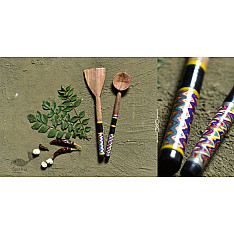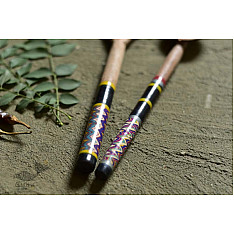Rasoi ✯ Kutch lacquer ladles { Set of Two} ✯ 11
- Availability: Out Of Stock
- Made & Mkt by: Gaatha
- Product Code: 3788-TRB21-11
- Weight: 800.00g
- Dimensions: 28.00cm x 10.00cm x 10.00cm
Rs.432
Colors and flavors, A mixture of both.. These ladles are rainbows, Of intricacy on wood. Use them to mix, Or use them to show; Use them as rare pieces These Lacquer Ladles of Kutch.
The typical dispatch time is 2-3 days; however, in special cases, it may take longer. Please refer to the product details section for specific timelines. Once dispatched, we will share the tracking details with you.
For returns, you can file a request within 24 hours of receiving the product. If the package is damaged, please make a video while unboxing and share images of the damaged item along with your return request.
9328006304 ( WhatsApp )
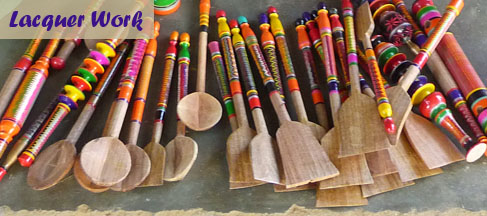
Colour permeates every single activity in an Indian’s life, more so in our villages. In Kutch, Gujarat, colour pervades not just the gorgeous clothes of the Kutchi people but even the small, nondescript items of everyday use. Spoons and ladles, chakla – belan (board and rolling pin), toys, stools, dandiya sticks, everything is covered with psychedelic patterns and merging zig zags of contrasting colours.Most of the process of making lacquer-ware is done on a manual lathe. Babool wood, which is found locally, is mostly used for the products. Once the wood is cut into basic forms, each piece is individually put on the lathe and smoothened using wooden tools
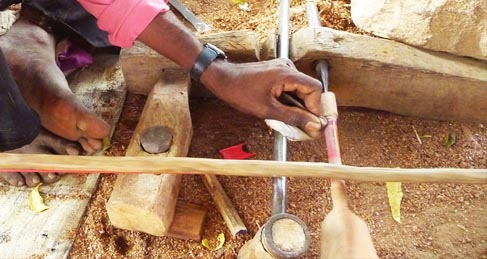
The lathe is manually powered using a stick and rope arrangement. A rope is wound around the object to be worked on and is pulled with the help of a stick attached to it. This generates a rotating motion on the object, which can then be manipulated further.
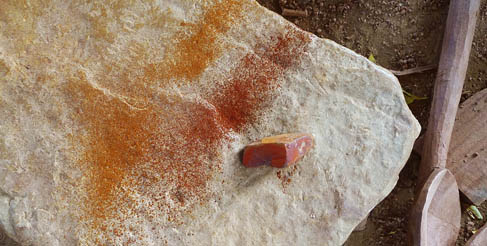
The colour is made from stones found in the surroundings and lacquer bought from local markets. Then this compound of colour and lacquer is pressed against the fast rotating object on the lathe, the lacquer melts with the heat generated due to friction and sticks to the surface of the wood, thus imparting colour. Following that, metal and wooden tools, which are improvised by the craftsmen themselves, are used to smoothen the coating. Finally, the piece is given a glossy polish with oil.
Lacquer ware of Kutch has a characteristic zig zag pattern of mixing colours. This interesting effect is achieved by first transferring stripes of colour from an unpolished lacquered stick and then pushing the colours into each other on the lathe. This creates the peculiar kaleidoscopic design with vivid motley colours.The craftsmen are believed to be practicing lacquer lathe work for seven generations now. The whole family is involved in this craft, with men doing the heavy work of cutting and shaping of the wooden articles and women applying finishing touches to them.
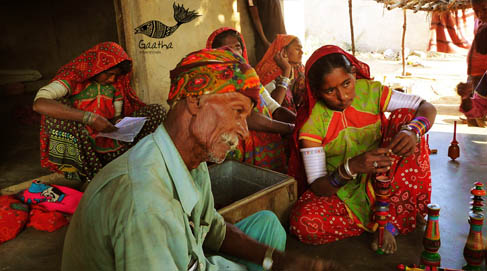
According to craftsman Vaghavalabhai Khamiya of Nirona, Kutch, the name of the village Nirona came from “Niro-Vadha”, Niro meaning place and Vadha meaning one who cuts wood. Lacquer work is the main profession of this semi nomadic community of Vadhs. They work using simple tools, even the lathe is portable, and they do not use any electricity in the process. Working under a tree in the day time, chatting with family members, with so much simplicity they create wonderful objects, spicing up our everyday chores.
| Craftsmen | |
| Made by | Vadha community |
| Village | Nirona, Gujarat |
| Material | |
| Made of | Wood |
| Instruction | |
| About Sizes | Sizes : Ladle - 9" x 2.2" Turner - 9" x 2.2" |
| Note | ♦ Imperfections and variations in the product cannot be termed as defects, as these are intrinsic to the handmade process. ♦ These might slightly differ from as seen on digital screen. |
A camp in a desert or a hunting expedition in the middle of a forest or a battle field, something that stayed with the kings of the western India irre..
Rs.4,250
A camp in a desert or a hunting expedition in the middle of a forest or a battle field, something that stayed with the kings of the western India irre..
Rs.4,250
A camp in a desert or a hunting expedition in the middle of a forest or a battle field, something that stayed with the kings of the western India irre..
Rs.4,250
Misty daybreak and the first calls of the rooster in a scenic village have the men going to the river for ablutions, preparing themselves for a day fi..
Rs.458,500
Misty daybreak and the first calls of the rooster in a scenic village have the men going to the river for ablutions, preparing themselves for a day fi..
Rs.78,600
Misty daybreak and the first calls of the rooster in a scenic village have the men going to the river for ablutions, preparing themselves for a day fi..
Rs.59,000
Misty daybreak and the first calls of the rooster in a scenic village have the men going to the river for ablutions, preparing themselves for a day fi..
Rs.52,500
Holding a wicker basket containing yellow vermillion, which she willingly smears on the forehead of any consenting devotee in the Yellamma temple grou..
Rs.2,805
Spring tickles my feet as love soaks this air,Is it a new reason to live, or just this excuse of the fair.I can wait to look my best, as I embrace the..
Rs.1,200
When nomads settled down in cities at the beginning of civilization, it was a turning point for the way humans would live. A settled life me..
Rs.990
Gujarat is synonymous with colourful embroideries with rich textures, saturated hues and interspersed sparkles. But it is not just Kutch, which is fam..
Rs.3,300
While the whole world is going nuts creating and apparently solving complexities, there still are a few blessed ones, for whom life is simple…. Not be..
Rs.2,440
Long time ago, there was a king of Sindh, who like any other king, was fond of royal luxuries and used to sleep on a new bedspread everyday. One day, ..
Rs.3,670
There is something excruciatingly beautiful about a little town in the heart of Rajasthan, specked with colour all the time. With the sun’s heat breat..
Rs.4,000
Gathering commences in the middle of deserted pavilions where velvet carpets adorn the Dessert lands & Manganiyars play folk music as a bugle for ..
Rs.512 Rs.1,025
Gathering commences in the middle of deserted pavilions where velvet carpets adorn the Dessert lands & Manganiyars play folk music as a bugle for ..
Rs.512 Rs.1,025
Gathering commences in the middle of deserted pavilions where velvet carpets adorn the Dessert lands & Manganiyars play folk music as a bugle for ..
Rs.512 Rs.1,025
Gathering commences in the middle of deserted pavilions where velvet carpets adorn the Dessert lands & Manganiyars play folk music as a bugle for ..
Rs.512 Rs.1,025
A familiar chatter swells in the air as feet chase the trail of a carelessly flying odhani in the by-lanes of Bhuj, spilling colors all over. While&nb..
Rs.3,070 Rs.3,412
A familiar chatter swells in the air as feet chase the trail of a carelessly flying odhani in the by-lanes of Bhuj, spilling colors all over. While&nb..
Rs.9,310 Rs.10,345
A familiar chatter swells in the air as feet chase the trail of a carelessly flying odhani in the by-lanes of Bhuj, spilling colors all over. While&nb..
Rs.3,460 Rs.3,845

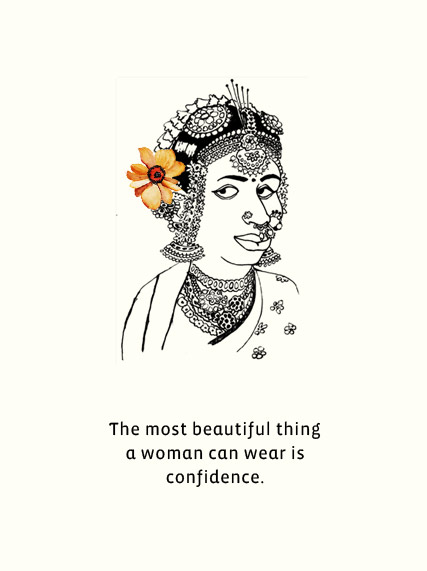

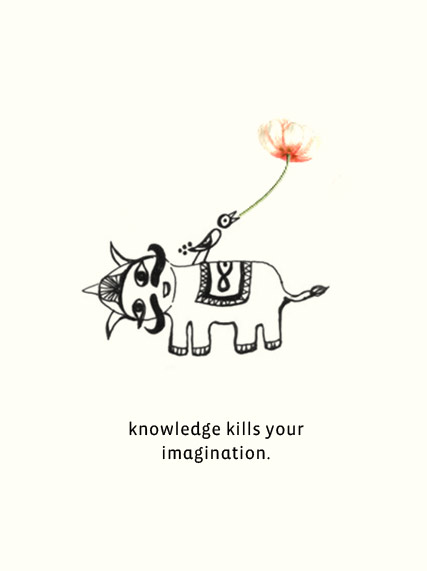

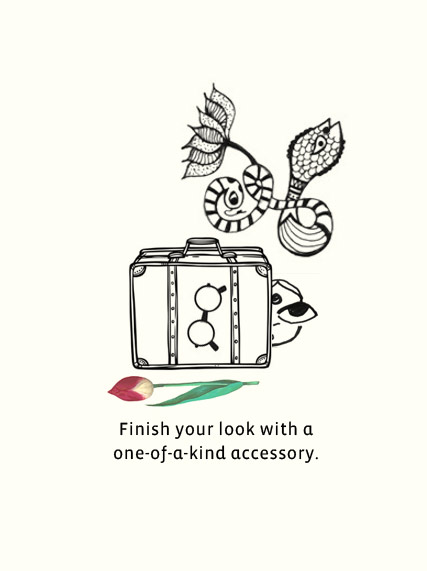
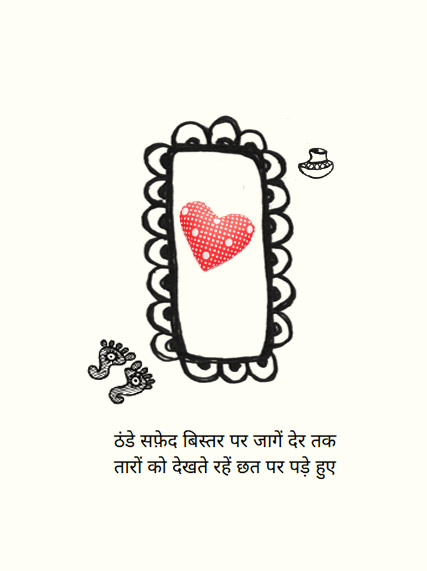

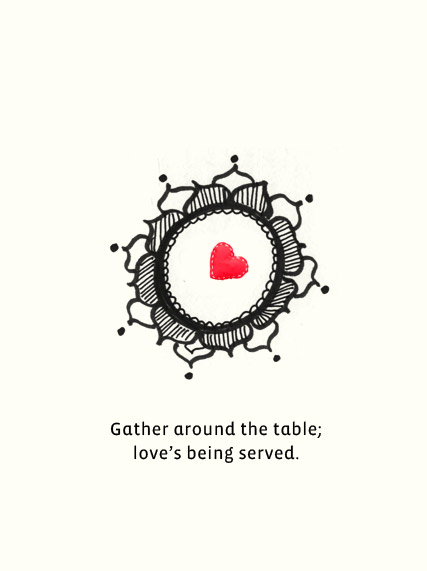

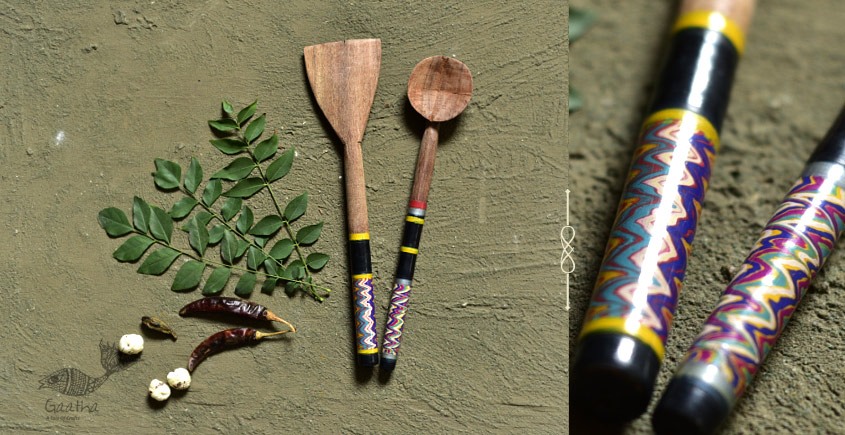
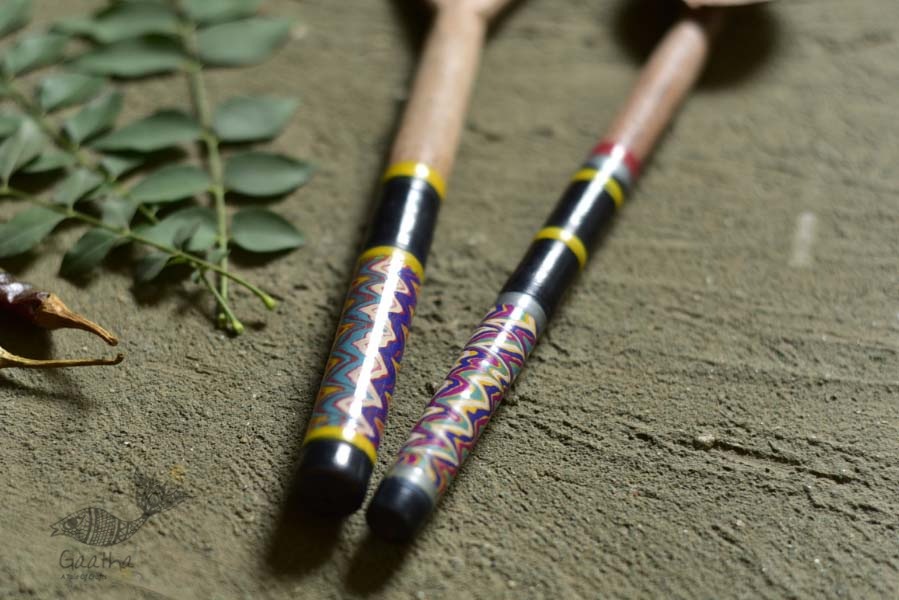
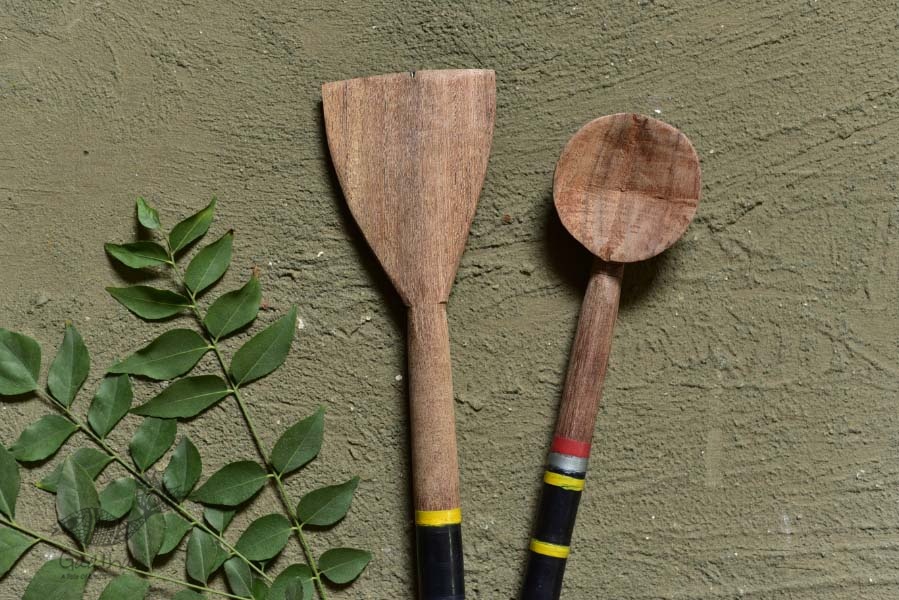



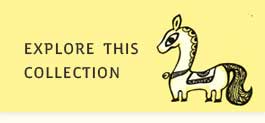
-225x150w.jpg)
-225x150w.jpg)
-225x150w.jpg)
-225x150w.jpg)
-225x150w.jpg)
-225x150w.jpg)
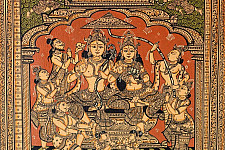
-225x150w.jpg)
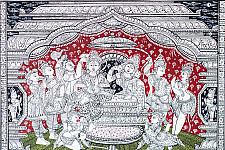
-225x150w.jpg)
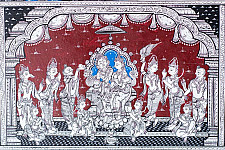
-225x150w.jpg)
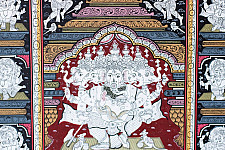
-225x150w.jpg)
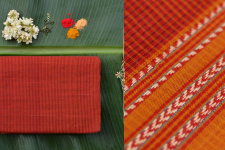
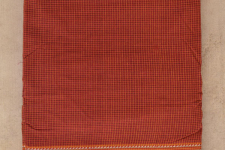
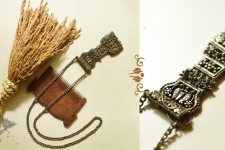
-225x150.jpg)
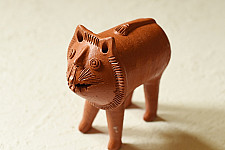
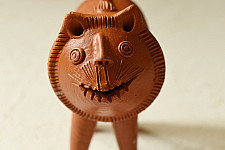
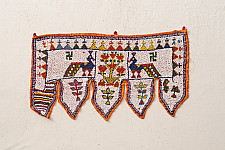
-225x150w.jpg)
-225x150w.jpg)
-225x150w.jpg)
-225x150w.jpg)
-225x150w.jpg)
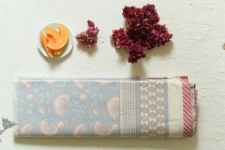
-225x150w.jpg)
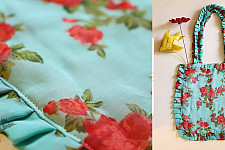
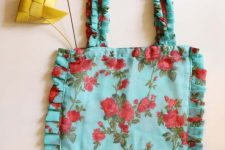
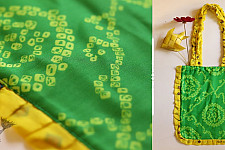
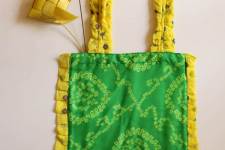
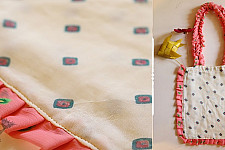
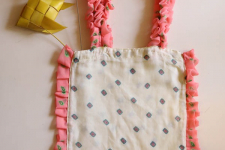
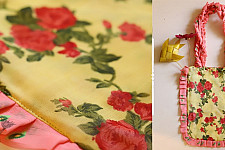
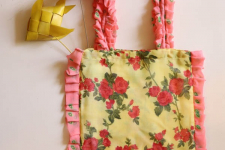
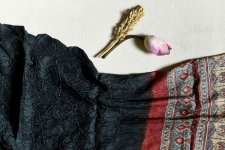
-225x150w.jpg)
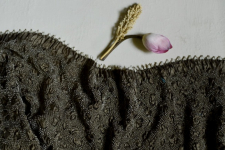
-225x150w.jpg)
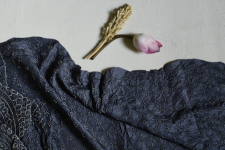
-225x150w.jpg)
